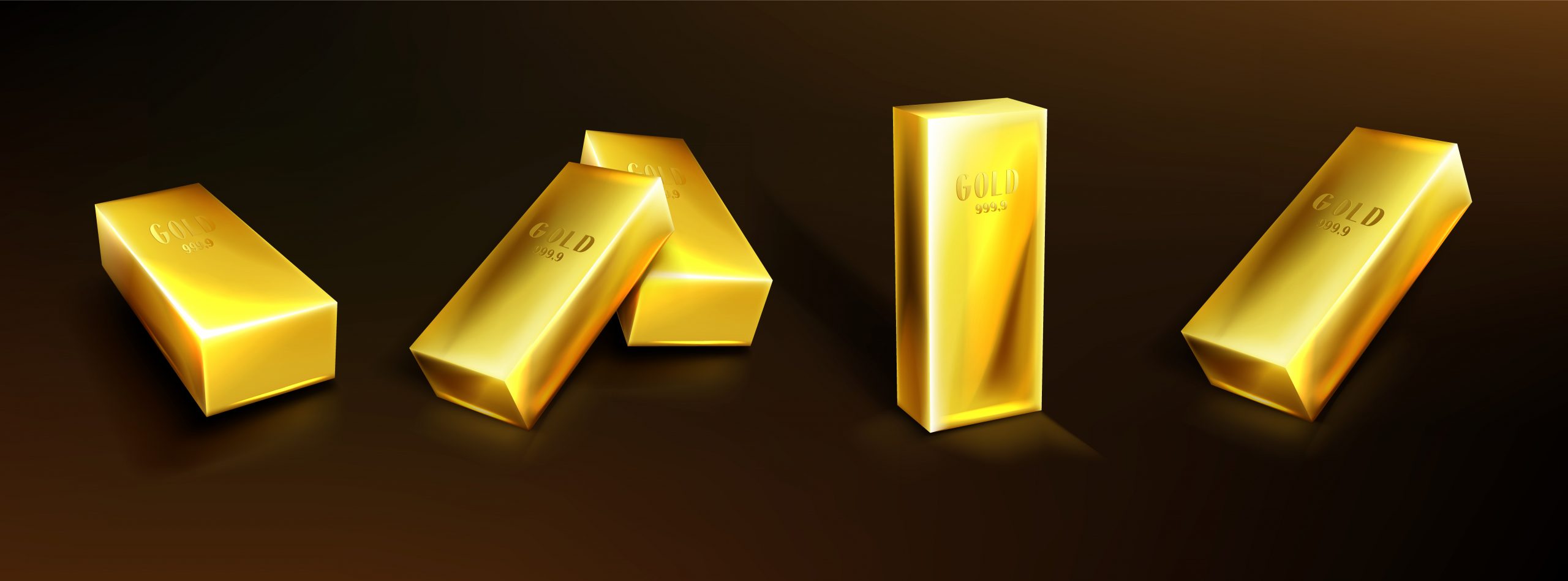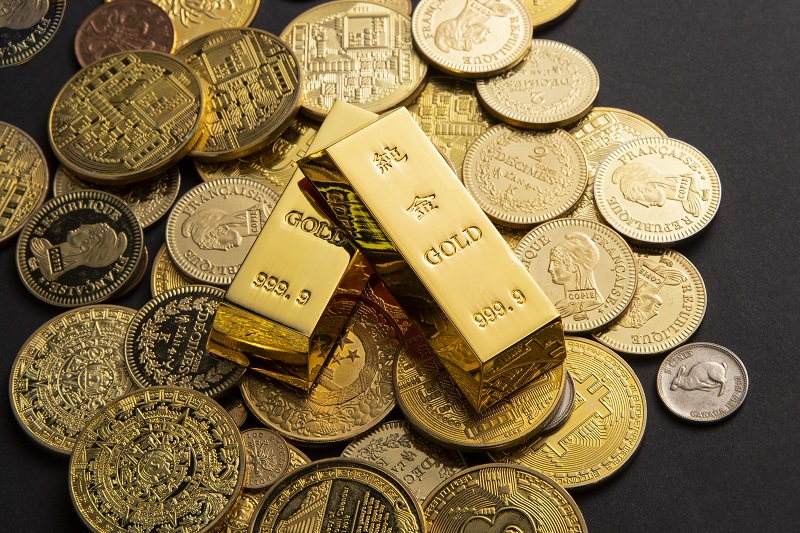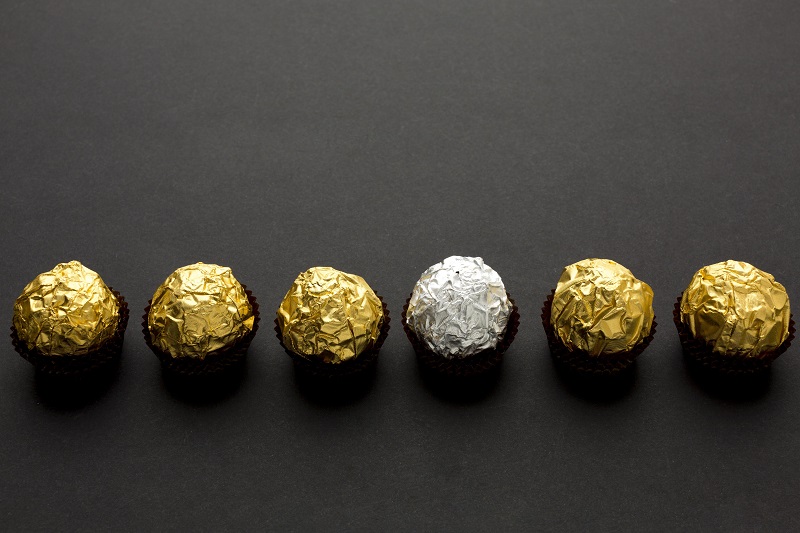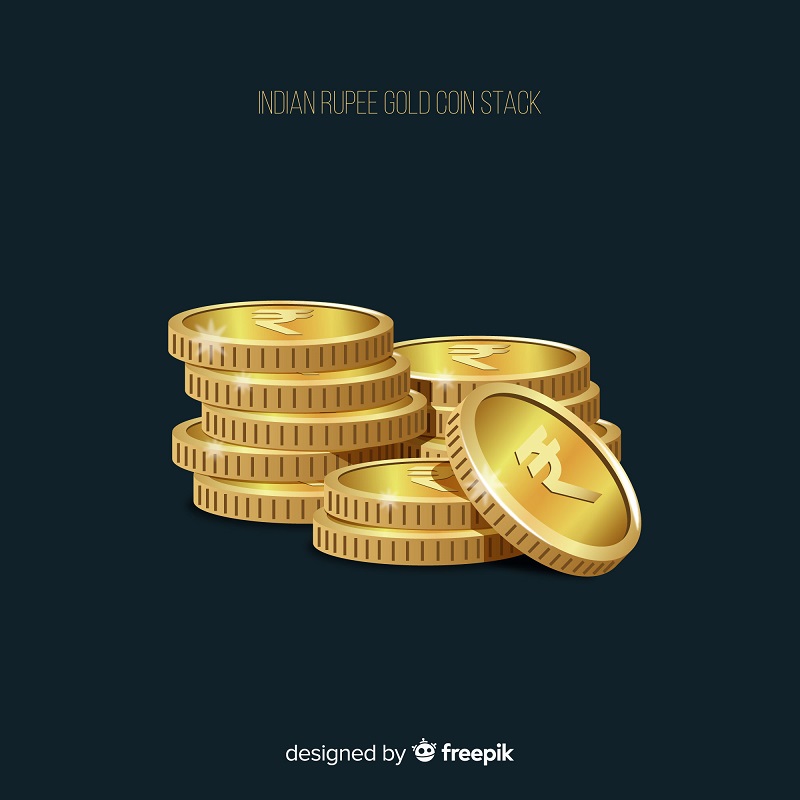The Buyt Desk
In India, Gold loans are growing popular and many opt for this loan as most of the Indians have gold. So know everything about the gold loan, its working, interest rates and other related details.
India is World’s largest gold consumer. The World Gold Council (WGC) says that from 1987 to 2016, India’s annual gold demand has increased by 804%. It is predicted that this tendency to buy gold is not going to decrease anytime soon. The precious metal is used more as ornament or jewellery than industrial use. Indians do not just consider it as auspicious but also for commercial and investment purposes. And at the time of a financial emergency, gold can also be used to get a loan. By far it is one of the easiest and quickest ways to get funds in a financial emergency. When one has a low credit score to buy loans but has a gold amount of gold, the gold loan is the best option.
What is a Gold Loan?
A gold loan is a collateral loan where the borrower pledges his/her gold article with the lender as security, basically, it is a loan against gold. The amount lent is some percentage of the gold value pledged, usually, nearly 75% of the existing gold market value of the quality of the gold is provided. Repayment can be done through monthly instalments or as per the deal with the lender. Once the full repayment is done the gold articles are returned back to the borrower.
How does the gold loan work?
All secured loans follow similar procedures for loan approval and disbursal. For gold loans, one should take required documents and gold articles that are of at least 18k to the lender. Evaluation of the provided gold items is done by the lender’s team to verify its purity and current market price. Also the produced documents are verified. Based on the results of the gold evaluation, the loan amount to be sanctioned is decided. And the loan amount is transferred to the borrower’s account on signing the loan agreement. The borrower needs to pay EMIs regularly and once complete repayment is done, the pledged gold articles are returned back to the borrower.
Why go for a gold loan?
A gold loan is just like a personal loan that is brought to meet immediate financial requirements. Financial emergencies can be a kid’s marriage expenses, medical emergencies, an international education, business emergencies or any other personal use. Here are a few of the advantages that gold loan has which is not in the case of other loans
-
Minimum documentation – Mostly only address proof, photos and pan card is needed to get a gold loan.
-
Usage flexibility – The purpose the money is used for is not monitored. The sanctioned amount can be used for any reason be it personal or business.
-
Lower Interest Rate – As gold is pledged with the lender, gold loans have lower interest rates compared to other collateral loans.
-
Idle assets are used – Gold is the best asset to liquefy or generate money. Gold is inactively sitting in the locker of one’ home or bank. It can be put to better use through gold loans. Using gold to take loans and raise capital or use it for emergency financial needs, is the best option. And also the gold is safe with the bank.
-
Secured Loan – Just need to pledge the gold ornaments with the lender, no need of any other type of security/collateral.
-
Fast disbursal – Gold loan is the only loan with faster processing. Gold provides all security and hence not much background work.
Where to apply for gold loans?
Pledging gold to get a loan has been a culture in Indian households. And most still believe that gold loans are available only at pawnbrokers, jewellers and jewellery shops. This concept is deep-rooted in Indians. There are many institutes that provide gold loans. Almost all banks and Non-Banking Financial Corporations (NBFC) offer gold loan plans. And these are organized and more secure than pawnbrokers or jewellers. Banks offer loans at low-interest rates compared to other alternatives.
Who can apply for a gold loan?
Anyone who can pledge their gold can apply for a gold loan. Gold loans do not have stringent eligibility criteria. Even housewives, farmers, non-salaried people can get a gold loan. Even people with a low credit score are provided with gold loans. The only condition is to have enough gold articles to pledge which have purity in the range of 18k -24k. Only gold articles are considered and not gold coins or biscuits.
What are the interest rates and processing fees?
Gold loans are provided by different lenders at various interest rates ranging from 9% to 20%. Banks provide at least interest rates compared to private funds. Some lenders also charge a nominal processing fee of 2-3% of the loan amount. Before signing the deal, confirm the processing fee, pre-payment charges and late payment charges, not just interest rate. Ask if there are any hidden charges.
What is the loan tenure?
Gold loans are considered short-term loans. These loans have flexible repayment terms that may be as short as 1 month or up to 10 years. A lender decides the term based on the loan amount and pledged gold value.
What documents are needed to process the loan application?
Documents needed for the gold loan depend on the lender. These are the basic documents needed: Identity proof (PAN Card, Voter’s ID, Aadhar Card) , Address proof (Passport, Driver’s License, Electricity Bill etc.) and Passport Size Photographs. Usually, no other documents are asked.
What should you look out for?
Always take what you can repay comfortably. As your gold articles are with the lender, be careful and diligent when it comes to loan repayment. Never take an excess loan against your gold articles. Like all other loans, failing to repay loans will badly affect your credit score which will, in turn, affect your future loan applications.
What happens on loan default?
Action taken on defaulting customers depends on the lender and loan agreement. A legal notice is sent with all details. Few charge high interest for the time overdue. Even after the final notice is complete repayment of the loan is not done, then the lender will auction the pledged gold articles. The fund received through auction is used to recover their outstanding loan amount and the remaining fund is returned back to the borrower.







